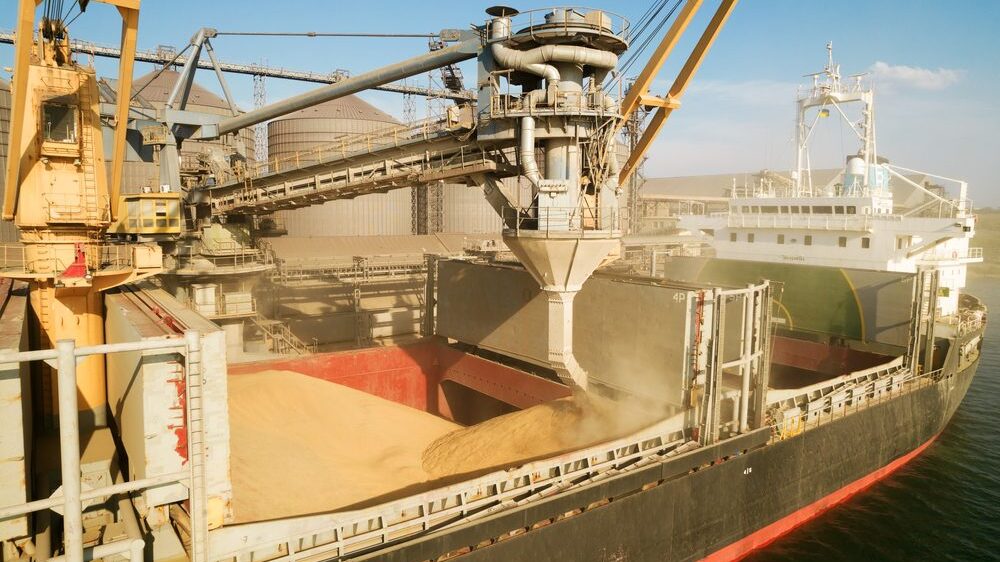
Photo: Elena Larina / Shutterstock.com
The Black Sea Grain Initiative has been extended as of last week. First implemented in July 2022 in response to the Russia-Ukraine war, the agreement secures the safe trade, from Ukraine’s ports through Russian waters, of vital agricultural products. Word of the extension, however, has been met with anxiety this time around since Russia now knows it has the upper hand and is willing to play it.
The extension of the UN-brokered deal was announced Saturday, March 18th, but was immediately countered by contrary exchanges between Russian and Ukrainian leaders. There was, for instance, a lack of clarity over the length of the extension: the Ukrainian Minister Oleksandr Kubrakov insisted the extensions would last 120 days; the Russian Foreign Ministry said that it had only agreed to 60.
The purpose of the agreement is to ensure food price stability—especially for poorer developing countries. In exchange for allowing Ukraine to export food from its blockaded ports, the UN agreed to help Russia with its own agricultural and fertiliser exports by easing sanctions on these areas.
While the West doesn’t sanction these sectors, Russia says other western blocks on its logistical and financial sectors are still hindering it. Russia now believes that the UN has “no leverage” to effect the sanction exemptions Russia needs, and are thus targeting their demands directly to western countries, pressuring them with their short extension deadline.
Speaking to the UN Security Council on Friday, Russia’s Ambassador Vassily Nebenzia said the responsibility now lies with western countries to ensure the grain deal’s viability:
If Brussels, Washington and London are genuinely interested to continue the export of food from Ukraine… they have two months to exempt from their sanctions the entire chain of operations which accompany the Russian agricultural sector.
Since the end of the deal would put more than 40 million lives at risk, as the International Rescue Committee warned, it is deeply worrying that Russia is now choosing to play diplomatic hardball.
With two months on the clock, it will remain to be seen if a long-term solution can be created.
